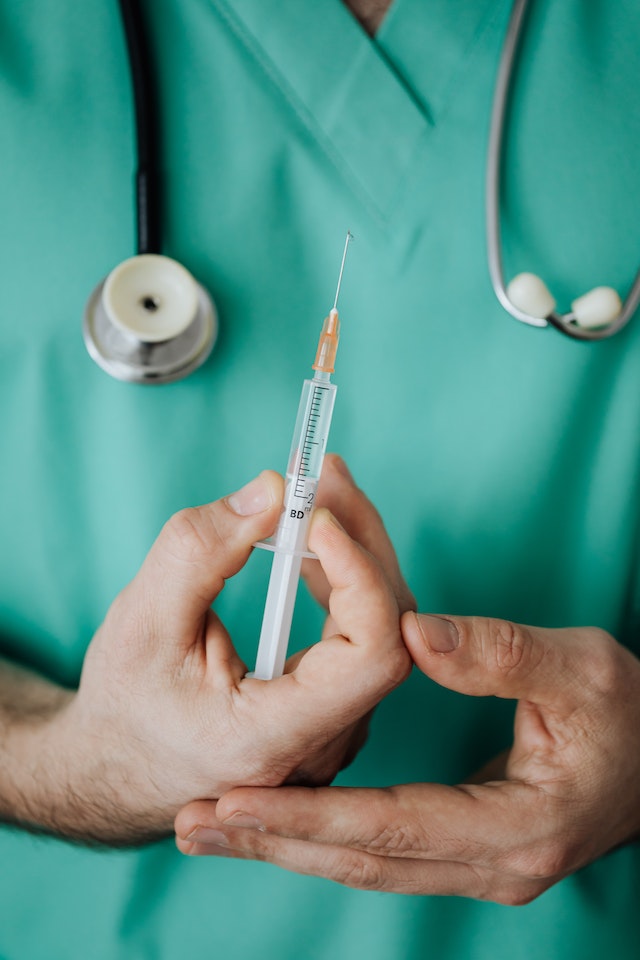Creating a strong support system is crucial for recovery from postpartum depression (PPD). Here are some steps to help you build a support system:
- Reach out to loved ones: Share your experience with trusted family members and friends. Openly communicate your feelings and challenges related to PPD. Seek their emotional support and understanding. Inform them about how they can help you, whether it’s through listening, assisting with household chores, or caring for the baby.
- Join support groups: Look for local or online support groups specifically tailored for mothers experiencing PPD. These groups provide a safe space to connect with others who understand what you’re going through. Hearing stories from others and sharing your own can be empowering and comforting. Support groups also offer valuable resources, coping strategies, and a sense of community.
- Seek professional help: Consult with a mental health professional specializing in postpartum issues. They can provide therapy, such as cognitive-behavioral therapy (CBT) or interpersonal therapy, to address your specific needs. A mental health professional can guide you through the recovery process, help you develop coping mechanisms, and monitor your progress.
- Consider medication if necessary: In some cases, healthcare professionals may prescribe antidepressant medication to alleviate PPD symptoms. Consult with your doctor or psychiatrist to discuss the potential benefits and risks associated with medication. If prescribed, ensure you follow the prescribed dosage and attend regular check-ups to monitor your response to treatment.
- Involve your partner: Encourage your partner to actively participate in your recovery journey. Share information about PPD and explain how it is impacting you. Discuss ways your partner can provide support, such as assisting with baby care, attending therapy sessions with you, or simply being there to listen and offer encouragement.
- Engage with community resources: Explore community resources and organizations that focus on maternal mental health. These resources may offer educational materials, workshops, or additional support services. Community programs can provide opportunities to connect with other mothers, access information, and gain valuable support.
- Prioritize self-care: Make self-care a priority in your recovery journey. Carve out time for activities that nurture your well-being, such as exercise, relaxation techniques, hobbies, or spending time in nature. Taking care of yourself physically, emotionally, and mentally enhances your ability to cope with PPD and allows you to be more present for your baby.
Remember, building a support system takes time and effort. Be patient with yourself and others as you navigate this journey. Reach out to those who can provide understanding, encouragement, and practical assistance. Together, with the support of your loved ones and healthcare professionals, you can overcome PPD and reclaim your well-being.









